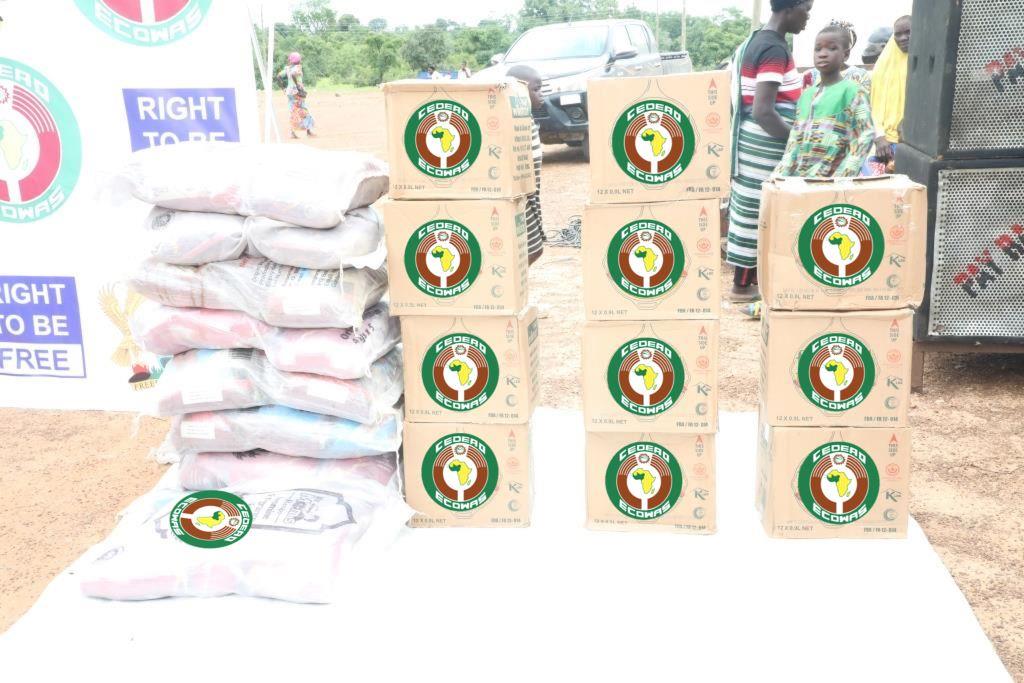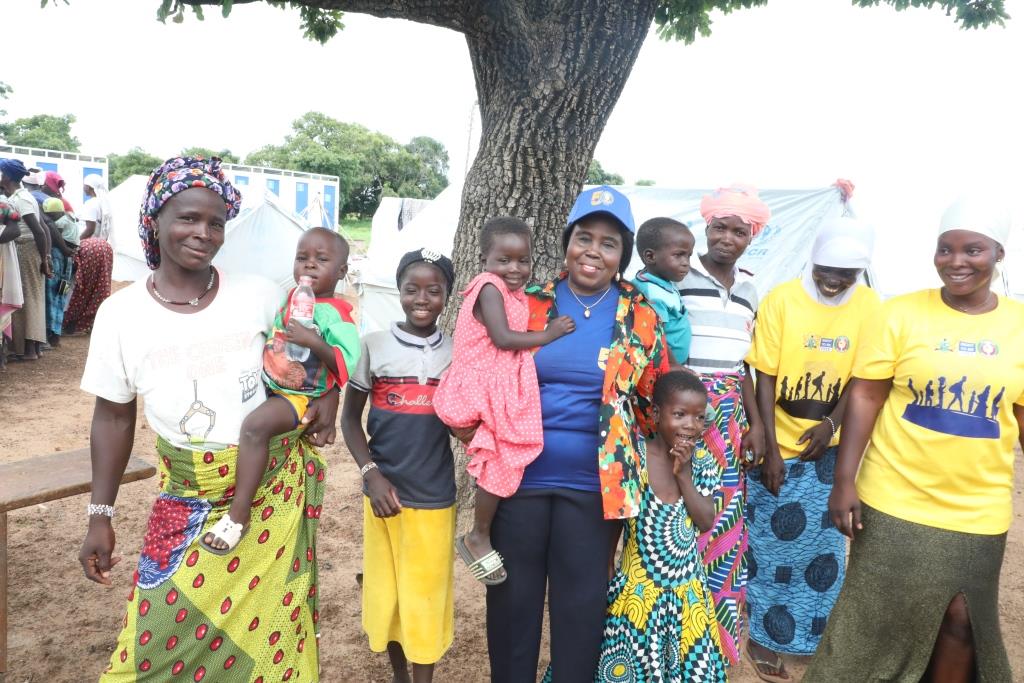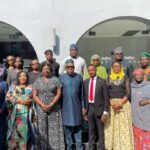ECOWAS Launches 2025 Humanitarian Aid in Ghana to Uplift Displaced Communities.
By Raymond Enoch.
The Economic Community of West African States (ECOWAS) continues to demonstrate its unwavering commitment to regional solidarity through humanitarian support to its member states. Thid is anchored in ECOWAS Humanitarian Policy, of interventions to provide life-saving assistance during emergencies, conflict, and displacement.
The 2025 initiative builds on this legacy.

Therefore, in a symbolic and high-level ceremony held on Monday, September 16, 2025, ECOWAS officially flagged off its 2025 Humanitarian Assistance Programme in Tarikom Community, located in Ghana’s Upper East Region. The launch marked a major stride in the regional body’s ongoing efforts to provide direct support to populations affected by conflict, displacement, and socio-economic instability.
In Ghana, the ECOWAS-funded intervention is being implemented through a partnership with the National Disaster Management Organization (NADMO), the Ghana Refugee Board, and the local humanitarian NGO “Right to Be Free.” One of the key beneficiaries of the initiative is the Tarikom Refugee Settlement, which hosts hundreds of displaced persons and asylum seekers.

The programme will deliver vital relief to at least 1,500 individuals through cash transfers, food and non-food items, and a range of livelihood empowerment activities. These include vocational training in agro-business, soap-making, and other small-scale enterprises designed to promote self-sufficiency and long-term resilience among affected populations.
To further support host and displaced communities, ECOWAS is funding the construction of 16 boreholes across selected areas to improve access to clean and safe drinking water—an intervention seen as critical to health and well-being in the semi-arid region.
Speaking at the event on behalf of the ECOWAS Commission Vice President Dr Onyinye Onwuka Acting Director of the Early Warning Directorate, underscored the need for unified regional responses to humanitarian crises.She.highlighted the Commission’s ” deepened constructive engagement ” with CSOs describing them as indispensable partners in operational and structural conflict prevention.
As humanitarian needs grow amid displacement and climate-related challenges across the sub-region, the 2025 Humanitarian Assistance Programme serves as a bold reminder of what can be achieved through regional cooperation, solidarity, and sustained commitment to human dignity.









